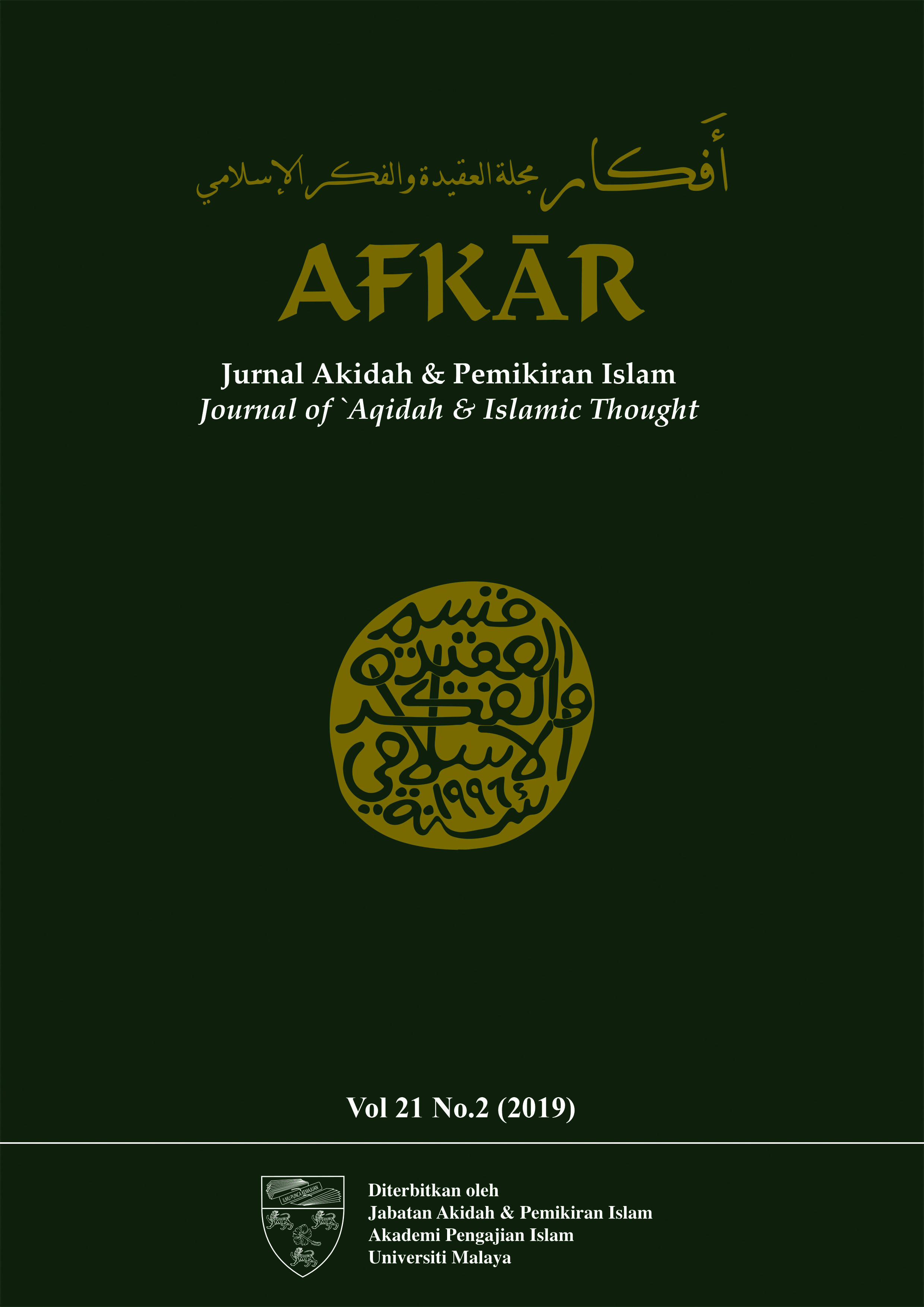Characteristics of the Prophetic Interfaith Dialogue: Foundation for Contemporary Interfaith Dialogue Enterprise
Main Article Content
Abstract
This study extracts the main characteristics of the interfaith dialogue that had been carried out during the Prophet Muhammad’s lifetime from six models of interfaith dialogue during that time. The six models are based on engagements of the Prophet Muhammad in six different occasions, in both, Meccan and Medinan periods: dialogues with ‘Abd Allah ibn Salam, Najashi of Abyssinia, Christians of Najran, antagonistic Jews of Medina, Heraclius of Byzantine Empire and Khosrow of Sassanian Empire. Analysis of this study has employed the historical hermeneutics of Ibn Khaldun (1332-1406) to unveil the underlying contexts of the six Prophetic interfaith dialogue models. On the other hand, the derivation of the Prophetic interfaith dialogue characteristics is based on observation of the salient features applied in all the models of Prophetic interfaith dialogue. The study concludes that all the Prophetic interfaith dialogue was carried out in the spirit that dialogue is a form of daʻwah. Among the characteristics of this Prophetic interfaith dialogue models, ‘principle-centred’ is the most consistent. Other characteristics are clarity and precision, openness and respect, confidence and non-arrogance, non-evasion and peaceful co-existence.

